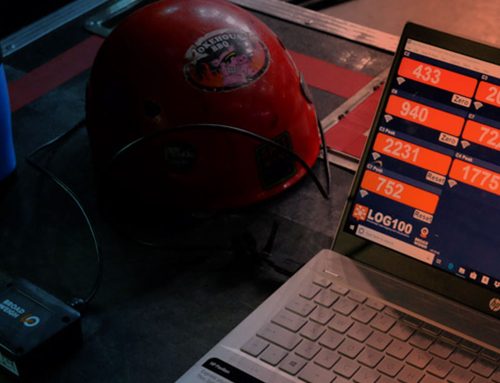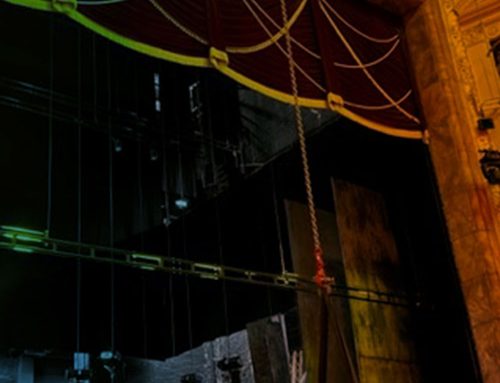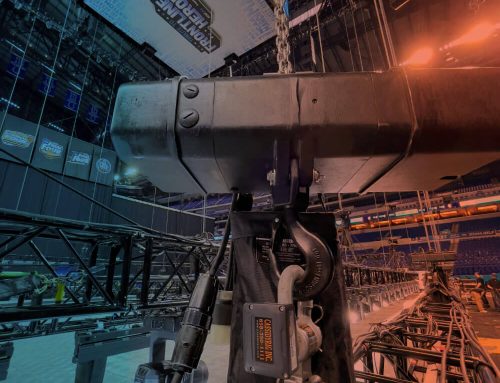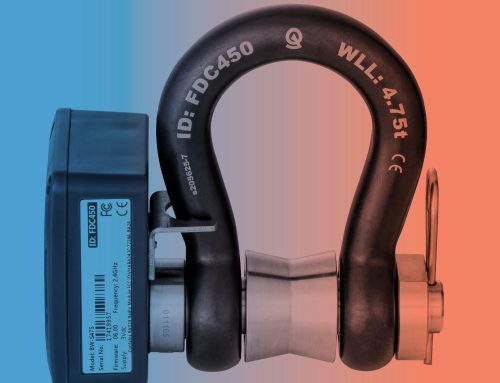News
Broadweigh Introduces SensorSpace®
SensorSpace® – a new cloud-based platform – is set to revolutionise the way riggers can access and manage data from Broadweigh’s wireless sensors. Launched this month, SensorSpace® can be used to remotely monitor the status of any Broadweigh sensor – load or wind speed – and help site managers and rigging managers make decisions or take action before, and during a show.
Elliot Van Laere, Product Specialist at Broadweigh, explained: “SensorSpace® is a game-changer. It not only provides a way to visualise load cell or wind speed data in the cloud, so anyone with access can log in on a desktop or mobile device, but can easily be set up to automatically send SMS, email or app-based alerts in the event of unexpected change. A whole team can stay connected to a dashboard keeping them on the ball and informed wherever they are located”.
SensorSpace® is fully customisable which means dashboards can be as simple or as complicated as they need to be, from numerical display of sensors, to in-depth overlays, charts and graphs showing live and historical data. With a SensorSpace® plan, users can store up to 3 years data should post event analysis be required.
Elliot Van Laere, continues: “In the case of an outdoor festival, for example, where wind is a major concern for temporary outdoor structures, SensorSpace® can gives live data on the average speed and maximum detected gust. This can give a very good idea on site for when to go ahead with a build or not, coupled with weather forecast data. It can also allow for constant monitoring of ongoing wind conditions.”
“Alternatively, at the same event, SensorSpace® can alert managers if equipment is not added as detailed in the rig plot. Adding Broadweigh wireless load cells in the structure can monitor single trusses and/or the total load on each leg. This can be monitored locally, on a handheld or laptop or now with the addition of SensorSpace®, from your hotel room, or back to head office!”
“Multiple events can be configured in SensorSpace®. These can have different trigger levels and send messages to different people depending on the level of danger and time of day. These can take the form of emails, text messages, slack links, telegrams and more. After the festival, there may be a requirement to look back over the data to see if, in hindsight, different action could have been taken. Historic data can be downloaded for detailed analysis or displayed in many ways using dashboards. This does not negate the fact that there is a need to have an experienced rigger available to help make decisions onsite. However, it does make the sharing of data with stakeholders more efficient.”






